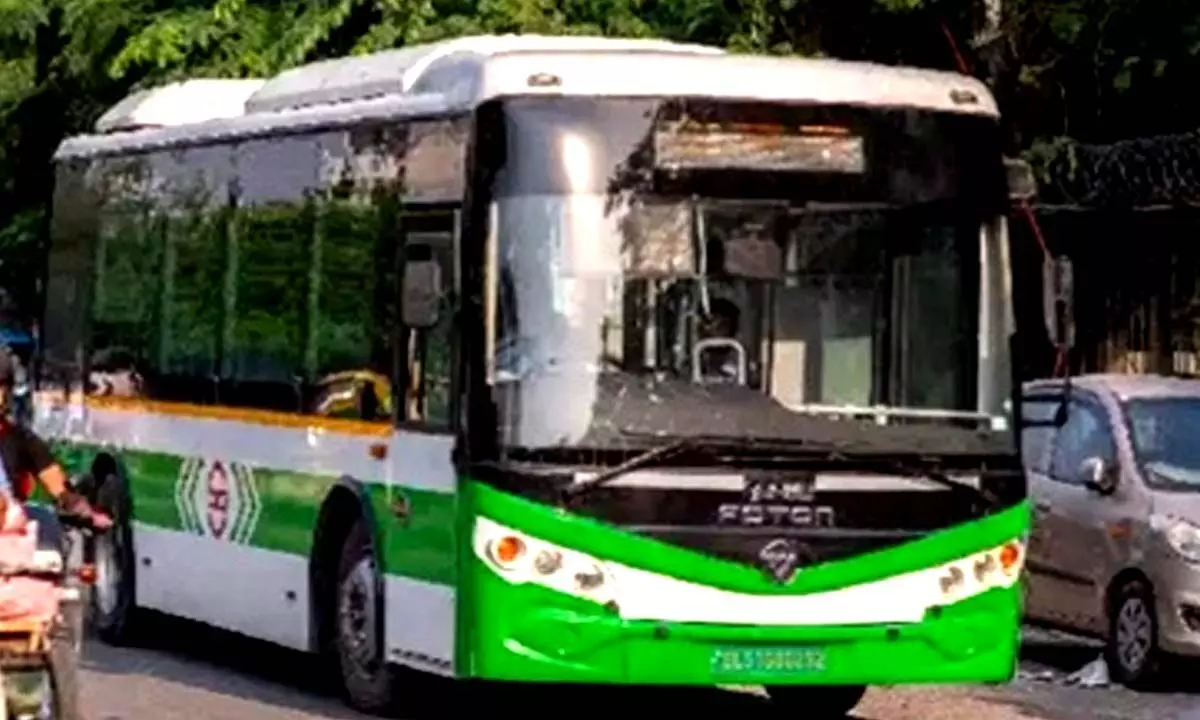Demand for electric buses to remain robust in India in FY25 amid govt push
Share :

The demand for electric buses is expected to remain robust in the coming years due to the growing focus on cleaner transportation systems and various government initiatives, a report showed on Wednesday.
New Delhi: The demand for electric buses is expected to remain robust in the coming years due to the growing focus on cleaner transportation systems and various government initiatives, a report showed on Wednesday.
Last year, the government unveiled the PM e-bus Sewa Scheme, allocating a substantial $2.4 billion to deploy and operate 10,000 electric buses through a public-private partnership model across 169 eligible cities.
These eco-friendly vehicles are set to hit the roads in 2024, with full deployment anticipated by 2026.
According to the report by CareEdge Ratings, between FY21 and FY24, the EV segment experienced substantial growth, despite its smaller share in overall commercial vehicle (CV) sales.
“Key indicators of this growth include increased adoption rates and a rising market share, aided by the gradual expansion of the EV infrastructure. Notably, this transition to EVs is particularly evident in the e-bus and light commercial vehicle (LCV) categories,” the report noted.
In FY24, registrations of electric heavy passenger vehicles (e-HPVs), primarily large electric buses, surged significantly.
The number of registrations increased from a mere 217 units in FY21 to an impressive 3,400 units in FY24.
Registration of electric light passenger vehicles (e-LPV) also surged from 360 units to more than 10,500 units during the aforementioned period, the report noted.
A surge in demand for electric buses across major cities in India is likely to support the growth of CV going ahead.
The increase in demand for electric buses across India can be attributed to various factors, including rapid urbanisation leading to an increase in demand for sustainable and cleaner public transportation systems, heightened environmental concerns, large oil import bills due to diesel-run vehicles, technological advancements and improvements in battery charging infrastructure.
Further, the Indian government, recognising the need for cleaner public transportation, has rolled out several initiatives to promote electric mobility.
These include the Faster Adoption and Manufacturing of Hybrid and Electric Vehicles (FAME) scheme and the National Electric Mobility Mission Plan (NEMMP).













